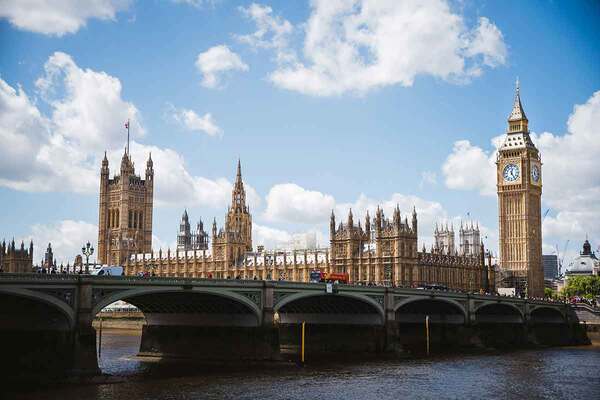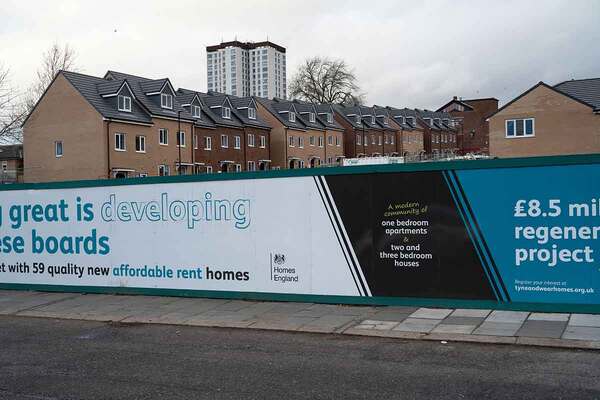Government reforms sparked more RTB applications in three weeks than in typical year
The Local Government Association (LGA) has revealed some councils received more Right to Buy (RTB) applications in the three-week period after the government announced reforms than in a typical year.
The LGA made the admission as part of its response to the government’s RTB consultation that was launched in November last year.
During the Autumn Budget in October, the government announced that discounts for purchases through the RTB scheme will revert to pre-2012 levels and will be more reflective of local housing markets.
The LGA found that during the period between 30 October and 20 November, councils saw an increase in the number of RTB applications made by social housing tenants in response to the reductions in discounts available on their properties.
This has resulted in significant resourcing challenges for local authorities as they try to meet the statutory timescales for accepting applications.
The LGA is calling on the government to undertake research to determine how many applications were made across the country in this time period, how many applications will be accepted, and the resultant number of social housing stock lost.
In its submission to the consultation on reforming RTB, the LGA said it recognises that the government has taken on board the key concerns of councils on the scheme, but it urged the government to go further to ensure it is fit for purpose and does not hinder the development of good-quality, sustainable social housing stock.
Local authorities are expected to save nearly £1.2bn by 2029-30 from RTB reductions and being able to retain full receipts from social housing sales.
Adam Hug, housing spokesperson for the LGA, said: “We are pleased with the steps the government has taken so far, but we urge further reform to ensure local authorities can properly manage the RTB scheme and address the chronic shortage of social housing.”
The LGA said this should include local authorities being given the control, power and flexibilities to shape the RTB scheme to best serve their local housing market and residents’ needs. This includes power to set the discount rate, exempt newly built properties in perpetuity and protect their investment in retrofitting or improving their existing stock.
The government should also allow councils to retain their RTB receipts indefinitely to ensure delivery of replacement homes is maximised.
Mr Hug added: “It is crucial that local authorities are given the power to shape the scheme to fit the needs of their communities.
“Councils want to work with the government to deliver the social homes our communities need and help relieve the financial burden this shortage is placing on councils, and further RTB reform is a crucial way to do this.”
The LGA’s response comes as new research by a thinktank has estimated the UK government would need £50bn to restore affordable housing to 2010 levels of sub-market rent homes.
The Resolution Foundation’s latest housing outlook found that despite the government’s proposed reforms of the RTB scheme, it would still need to spend tens of billions of pounds to build at least 400,000 more homes to return to the level of affordable housing 15 years ago.
A spokesperson for the Ministry of Housing, Communities and Local Government said: “Too many social homes have been sold off and not replaced, directly contributing to the worst housing crisis in living memory.
“That is why we are taking decisive action to reform the Right to Buy scheme to make it fairer, where longstanding tenants can buy their own homes but, crucially, councils can replace them.
“This is part of our commitment to deliver the biggest increase in social and affordable housebuilding in a generation, including major planning changes to support the much-needed delivery of affordable homes.”
Sign up for our Council Focus newsletter
Already have an account? Click here to manage your newsletters












